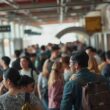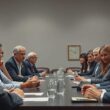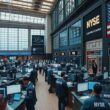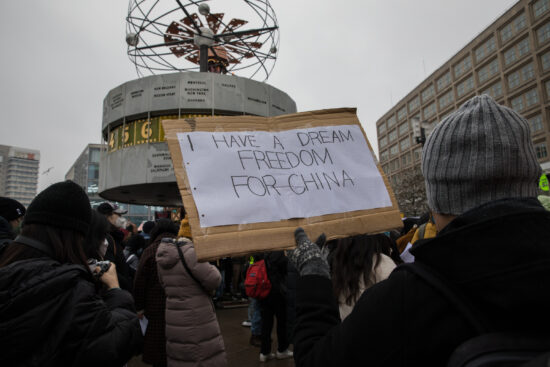Recent protests in China have put a spotlight on the country’s strict zero-Covid policy, which has been in place for three years. President Xi Jinping has reportedly acknowledged the frustration within China and hinted at the potential relaxation of the prevention measures. Some areas in the country are already showing signs of loosening restrictions, including lifting lockdowns and allowing Covid patients to quarantine at home.
The protests, which are rare in China, have been described as unprecedented since the Tiananmen Square pro-democracy movement of 1989. Since Xi came to power in 2012, the Communist Party has tightened its grip on all aspects of life, launched a crackdown on dissent, and built a high-tech surveillance state.
Foreign officials have noted Beijing’s shift on pandemic restrictions. US Deputy Secretary of State Wendy Sherman said that the widespread protests in China “had an effect” in loosening some Covid rules. However, she also noted that the Chinese government used its security forces to put down the protests.
Starting next Monday, public transportation operators in Beijing will no longer bar passengers if they don’t have a negative Covid-19 test result taken within the previous 48 hours. This is a reversal of the city’s tightening of containment measures announced 10 days ago. However, the country has yet to announce any roadmap for reopening and removing its Covid restrictions nationwide.
The anger over China’s zero-Covid policy has been fueled by the economic toll it has taken on the country. The policy has disrupted supply chains, caused widespread job losses, and led to a decline in consumer spending. Some experts have called for a more balanced approach to the pandemic, one that takes into account the economic and social costs of strict measures.
While the protests may have had some effect on China’s Covid policy, it remains to be seen how far the government will go in relaxing the restrictions. For now, the country continues to face a delicate balance between controlling the spread of the virus and addressing the anger and frustration of its citizens.
PICTURE: MICHAEL KUENNE / PRESSCOV





